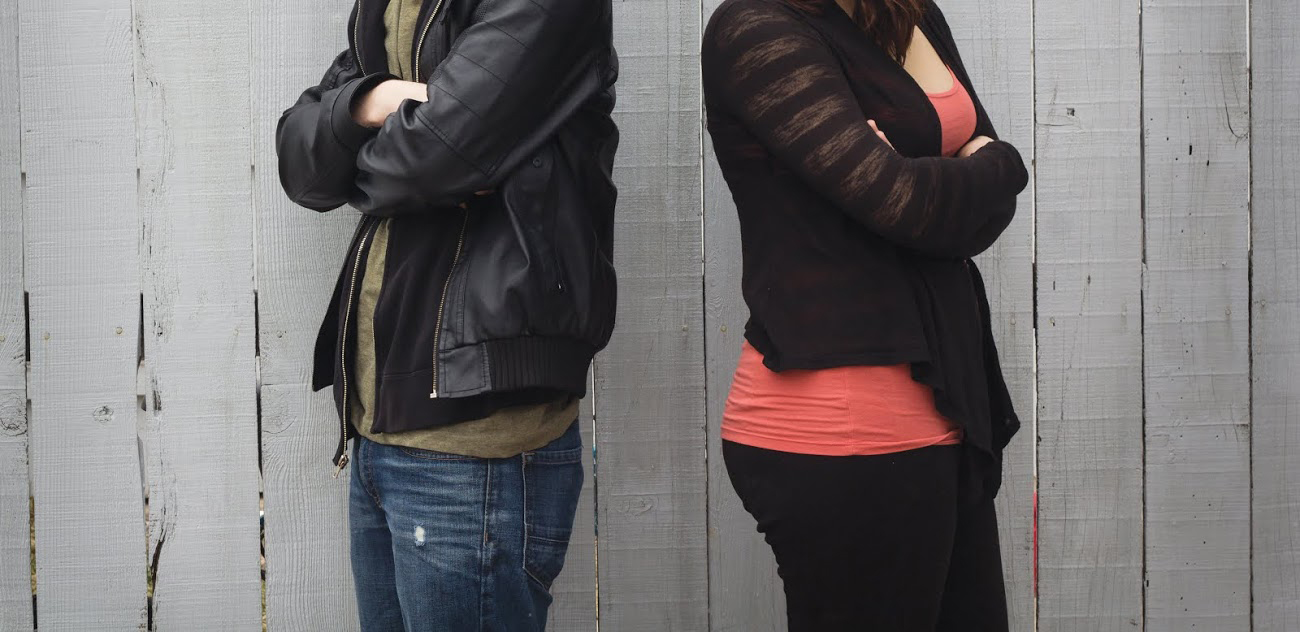Breaking through the breakup blues
The post-breakup blues can be a tough time for anyone, especially with memories and material items as a constant reminder of what the relationship once was.
Ethan Brinton, a sophomore in human movement science, said the hardest part of getting over someone is seeing them with someone else.
“At first, nothing is really difficult when it comes to ending things,” Brinton said. “You realize you can kind of just start fresh, but if you really like them, the hardest part is seeing them with someone else if they are with someone else.”
Brittany Anderson, a freshman in early childhood education, used romantic comedies and comfort food to ease into the single life after her latest breakup.
“I just ate a lot of food,” Anderson said. “Pizza, ice cream, doughnuts — just anything fattening.”
Brinton said he takes a more physical approach.
“I go to an open field and get whatever I can find that is breakable,” Brinton said.
Things such as fruit, broken down TVs and vases have worked best in his experience.
“Have a friend pitch the stuff to you and play baseball. It’s very stress relieving,” Brinton said.
Anderson said it’s best not to take too long in the “mopey” stage.
“Don’t mope around,” Anderson said. “Go out and do things. He’s probably out doing things too. You can’t just sit there and be like, ‘This sucks.’ Just go out and have fun.”
Overall, the end of a relationship can affect people in various ways.
Amy Kleiner, a psychologist at Utah State University, encourages people to channel creative ways of coping while also staying aware of how they can improve.
“Breakups affect people in a lot of different ways, depending on the context of the breakup,” Kleiner said. “I think people are really creative about the ways they work through the process of ending a relationship and moving on. However, if you are noticing a pattern in your breakups — things that tend to keep coming up in multiple relationships — sometimes it’s a good idea to do some work to improve your relationship skills.”
USU’s Counseling and Psychological Services is also an outlet for those who are dealing with a breakup or who want to improve on relationship skills.
CAPS will offer a workshop called “Lasting Relationships” on April 20, Kleiner said. A similar workshop is “Effective Communication,” which will be offered on April 9.
For further information about CAPS’ workshops or to find further information about the resources provided, contact CAPS at (435) 797-1012 or see the workshop schedule online at www.usu.edu/counseling.
— sadiejherrera@aggiemail.usu.edu

